The landscape of mental health care is evolving, and one of the significant advancements is the development of specialized treatment programs for teenage girls. A residential treatment center for girls offers a unique environment where young women can receive dedicated mental health care through a structured residential treatment program, away from the stresses and pressures of their daily lives.
Blume Behavioral Health offers specialized mental health care for teens who require mental health treatment in a supportive environment. One of these is a specialized center designed for six girls between the ages of 12 to 17 to receive specialized treatment from a focused staff. We’re committed to supporting young women in their journeys to self-knowledge and mastery of their mental health.
Gender-specific treatment is crucial for effective mental health care among adolescents. Young girls face unique challenges and societal pressures that are distinct from those encountered by boys. These factors can affect their mental well-being in profound ways, leading to issues such as anxiety, depression, and low self-esteem. Addressing these concerns through a gender-sensitive lens allows for a more comprehensive approach.
Female adolescents often grapple with societal expectations regarding appearance, behavior, and academic performance. They may feel pressured to conform to these norms, which can lead to feelings of inadequacy and self-doubt. Gender-specific treatment focuses on these unique factors, helping girls to navigate their identities, develop resilience, and cultivate a positive self-image.

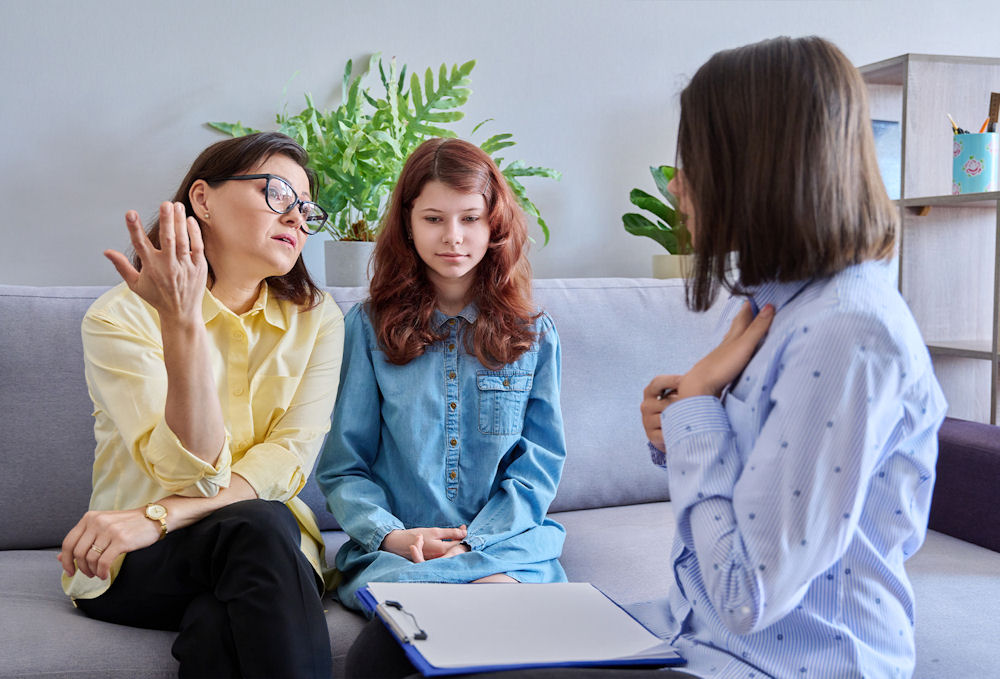
Teenage girls can experience a wide range of mental health disorders, often exacerbated by biological, social, and psychological factors. Some common mental health challenges include:
Understanding these challenges allows residential treatment centers to tailor their approaches specifically to the needs of teenage girls, creating effective programs that promote healing and personal growth. These environments allow for open discussions about feelings, experiences, and coping strategies, creating a supportive network that can significantly enhance recovery. By addressing these multifaceted aspects of mental health, treatment programs can provide a more holistic approach that empowers teenage girls to thrive emotionally and socially.
In a gender-specific environment, girls can connect with peers who share similar experiences. This shared understanding fosters a sense of belonging, which is vital for mental wellness. Therapists trained in gender-responsive care can provide relatable role models, highlighting healthy behaviors and coping mechanisms. This focus empowers young women to articulate their feelings, build supportive relationships, and engage actively in their recovery process.
Gender-specific programs often incorporate topics relevant to adolescent girls, such as self-image, relationships, and societal pressures. This emphasis on pertinent issues helps to validate their experiences and emotions, creating a safe space for discussion and healing. Workshops and group activities centered around self-expression, such as art therapy or journaling, can also provide creative outlets for girls to explore their identities and emotions in a nurturing environment.

The rewards of attending a residential treatment center for girls are vast and impactful. Many young women enter these programs feeling isolated, misunderstood, or hopeless. However, as they progress through their treatment, they can experience significant benefits.
The comprehensive mental health services provided in specialized treatment centers ensure that each girl receives the necessary support to address her unique challenges and promote overall well-being.
Additionally, the structured environment of a residential treatment center provides a safe space for exploration and growth. The camaraderie formed with fellow residents can be a powerful aspect of the treatment experience. Sharing similar struggles often leads to deep connections and friendships that can last beyond the program. These relationships provide a unique support system, as the girls understand each other’s journeys and can offer encouragement and empathy. This shared experience can help them feel less alone in their desire to feel healthy and excited for the future.
Determining whether residential care is suitable for your loved one be a challenging decision. Several factors can help guide this choice:
Consulting with mental health professionals can provide valuable insights into whether residential treatment is appropriate, helping parents to make informed decisions about their loved one’s care. It’s important to remember that the decision for residential care is not just about the immediate challenges; it also involves considering the long-term well-being of your loved one. Engaging in discussions with therapists or counselors can help clarify the potential benefits and drawbacks, allowing you to weigh them against your loved one’s specific needs.
Perkins House: 2403 Perkins Ln, Redondo Beach, CA 90278


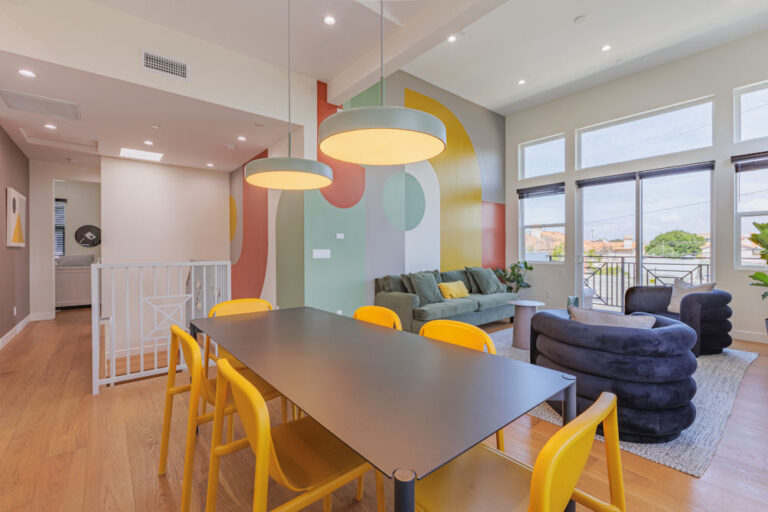
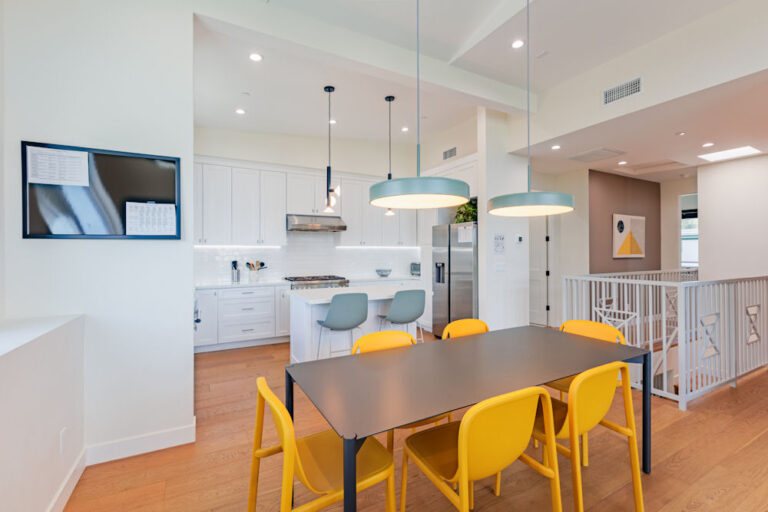
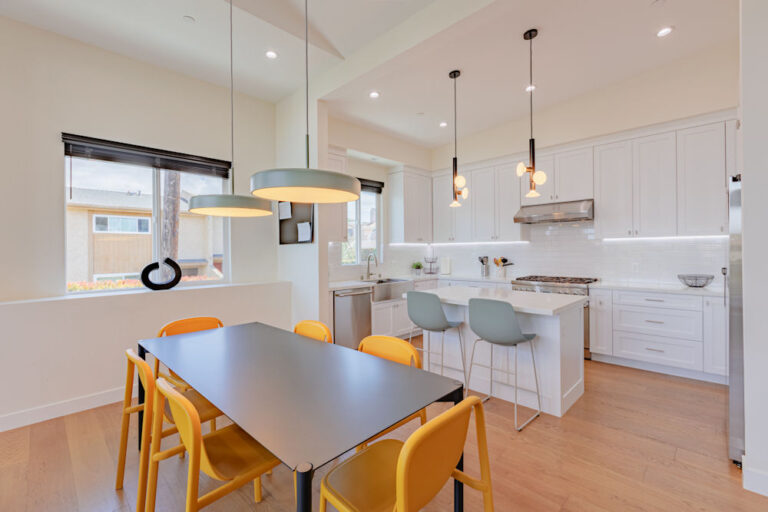
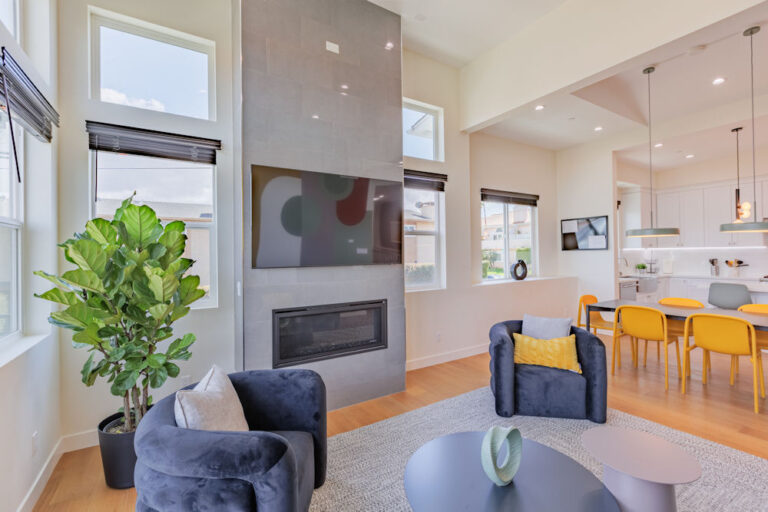
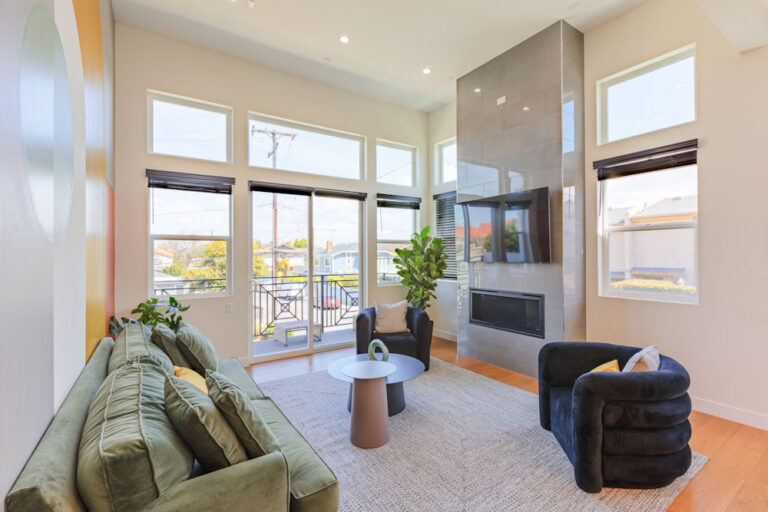
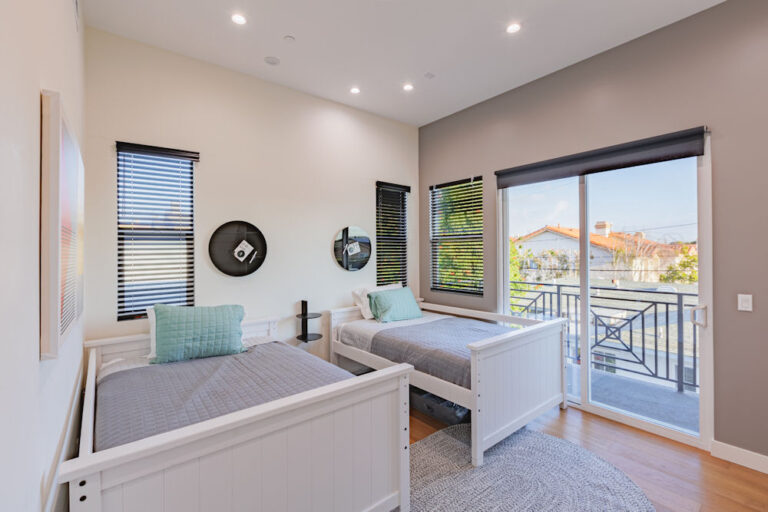
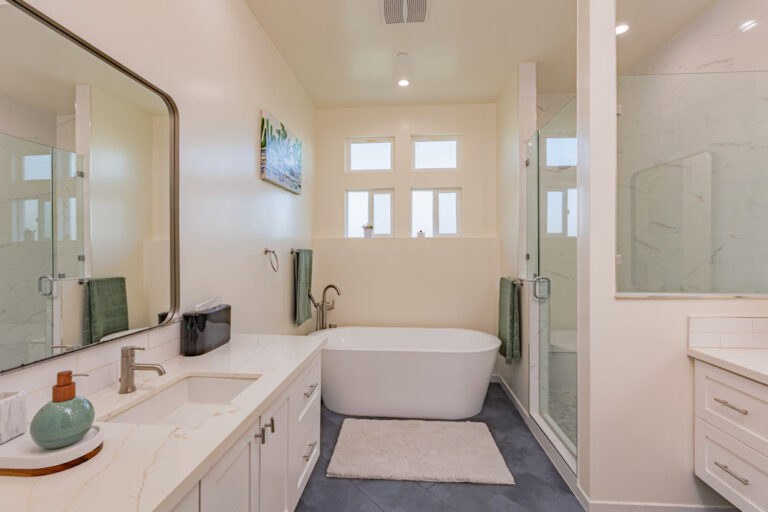
Voorhees House: 2623 Voorhees Ave, Redondo Beach, CA 90278
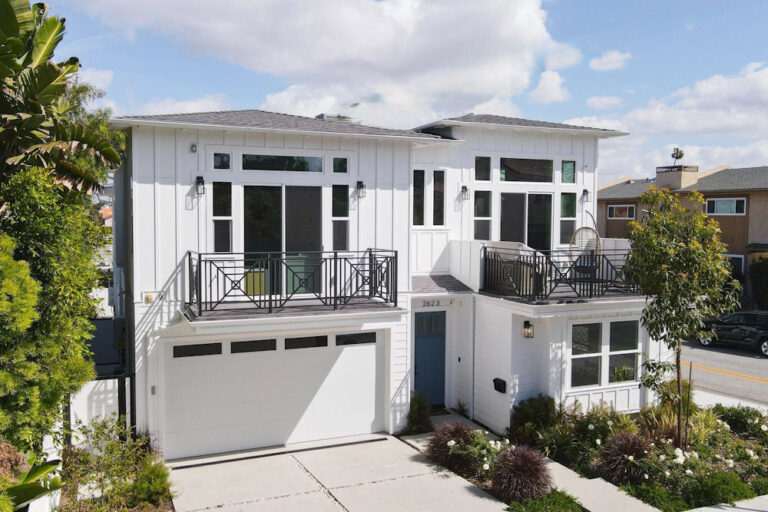
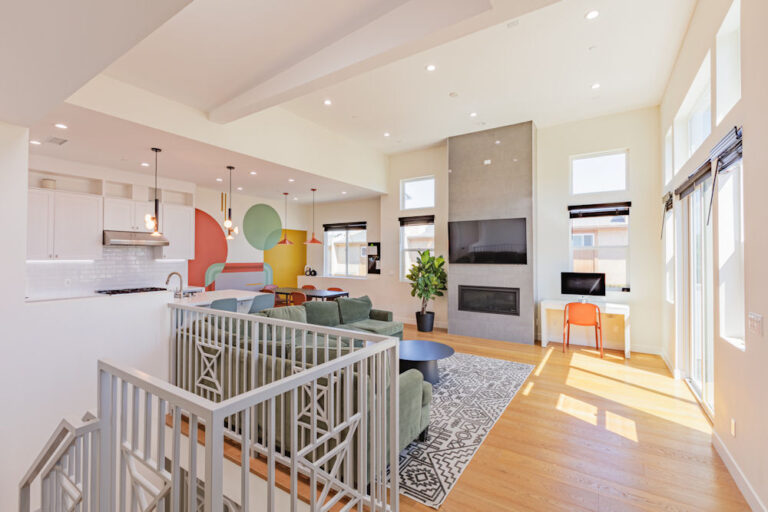
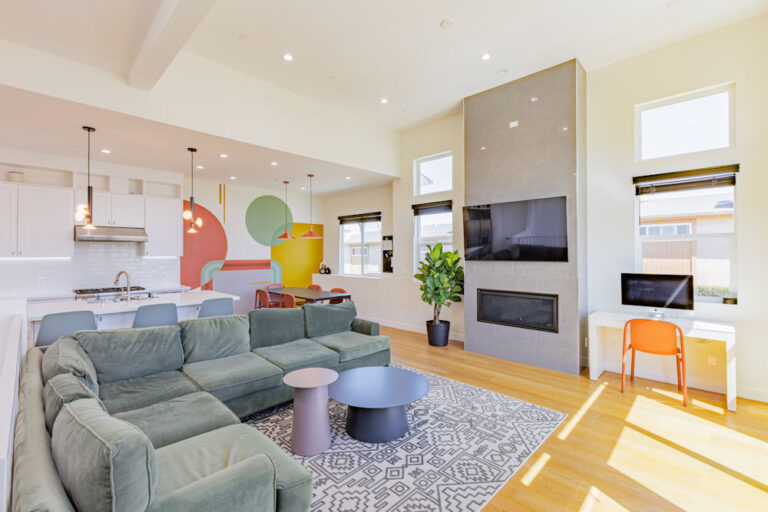
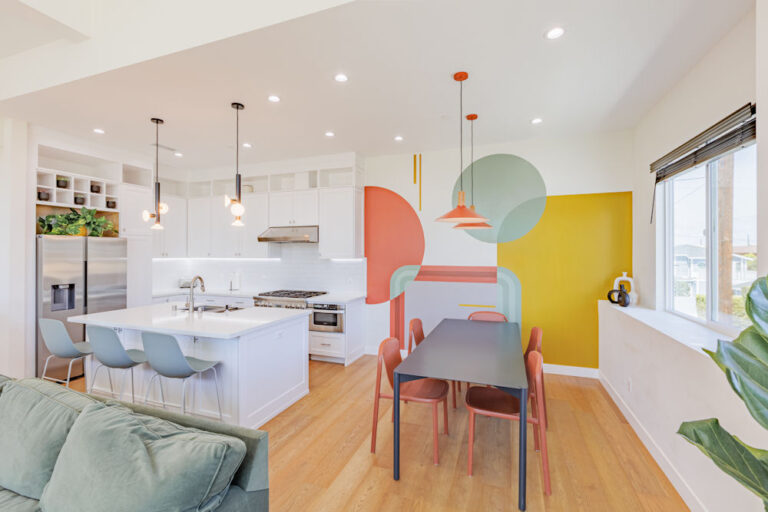
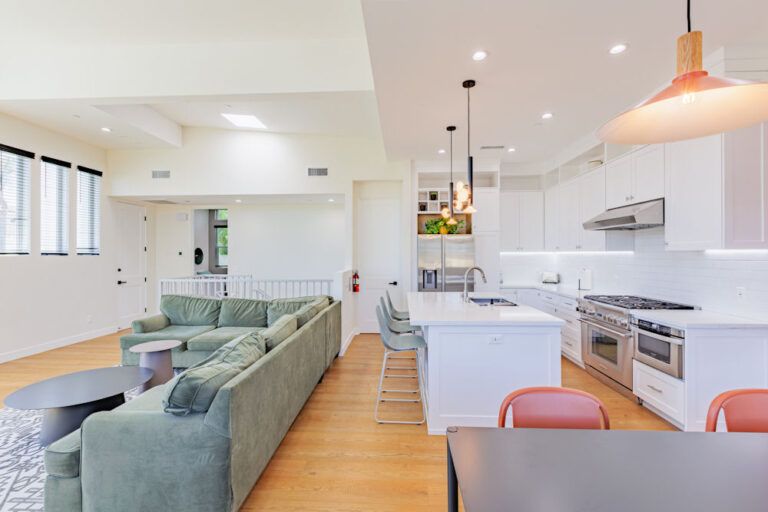
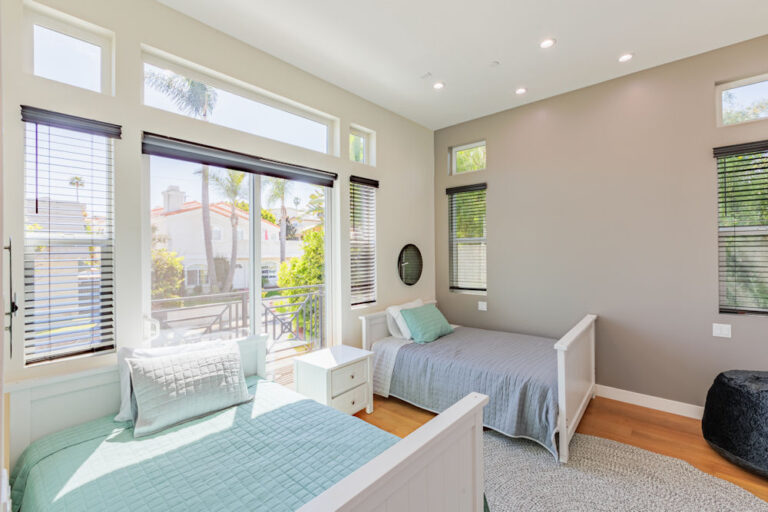
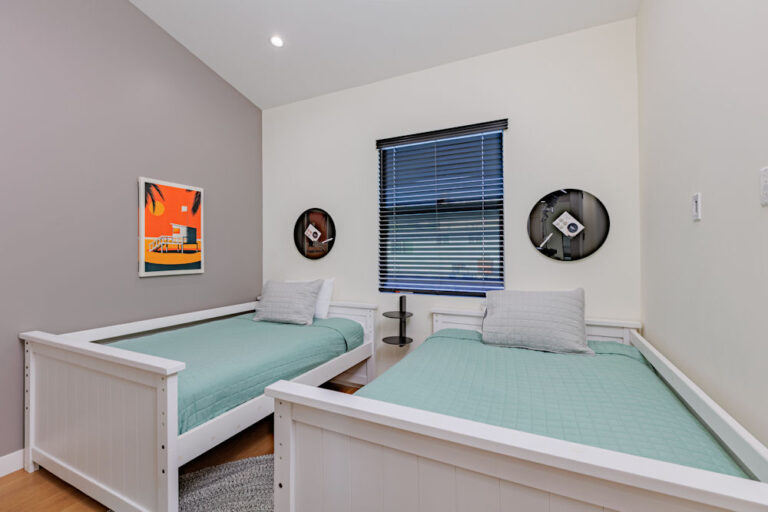
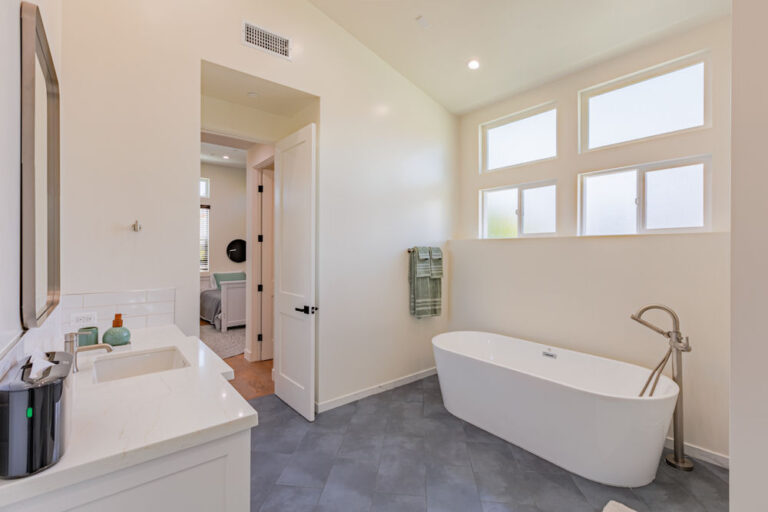
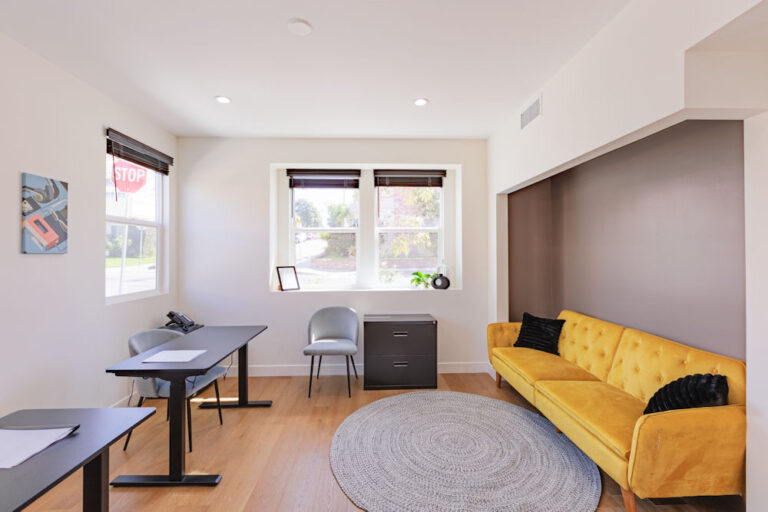
Blume Behavioral Health is dedicated to creating a nurturing and supportive environment for teenage girls who require specialized mental health care. Their residential treatment centers focus on fostering emotional growth, resilience, and healing through a comprehensive approach.
With a team of experienced professionals, Blume Behavioral Health recognizes the importance of individualized treatment plans. They work closely with each girl to assess her unique needs and tailor interventions accordingly, ensuring a personalized approach that addresses the specific challenges she faces. In addition to therapeutic services, Blume Behavioral Health emphasizes creating a warm and welcoming environment where girls can feel safe and comfortable.
Don’t wait to give your loved one a chance at recovery and hope. Contact us today to learn more.
Dr. Aneta Lotakov Prince is a board-certified psychiatrist with over 20 years of clinical experience treating adolescents and adults facing severe mental illness, co-occurring substance use disorders, and complex emotional and behavioral health challenges. Certified by the American Board of Psychiatry and Neurology, she holds an active DEA registration and California medical license. Dr. Prince’s patient-centered approach is rooted in compassion and driven by a dedication to improving quality of life and supporting long-term recovery. She remains deeply committed to empowering each individual she works with to build a life of purpose, connection, and resilience.